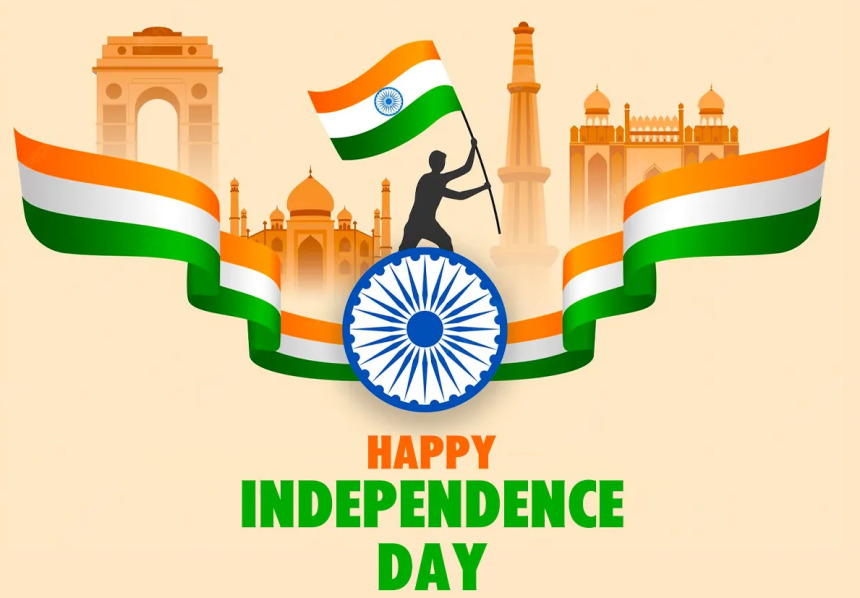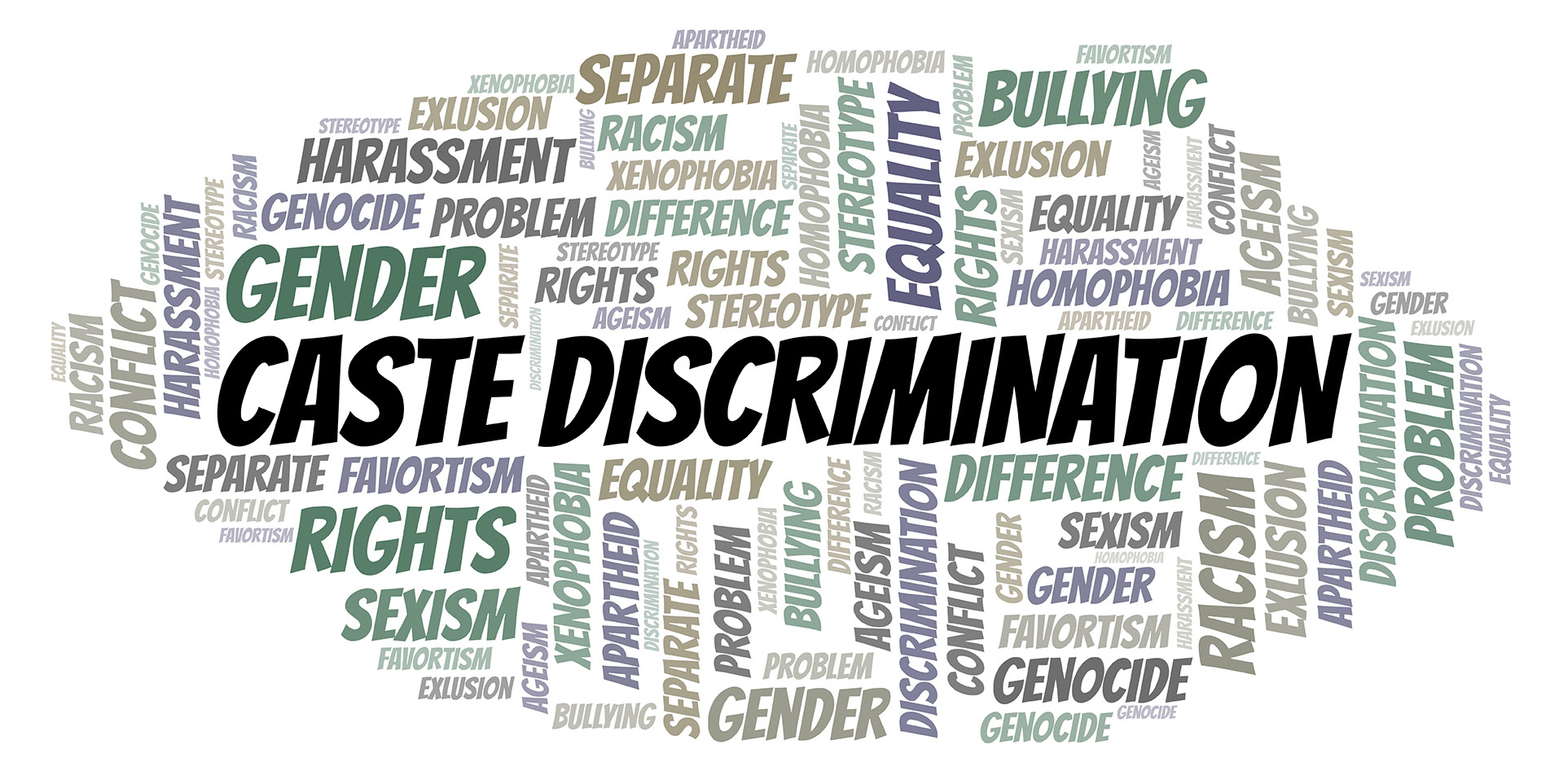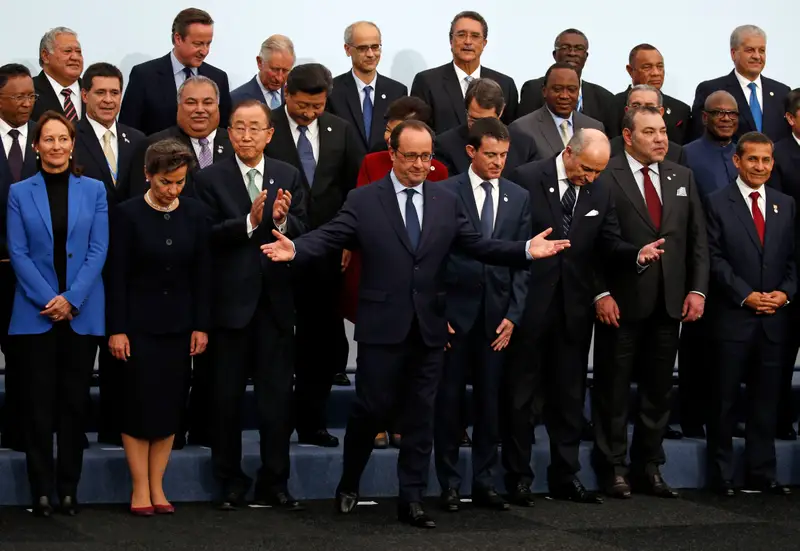World Press Freedom Day, observed every year on May 3rd, serves as a reminder to governments of the need to respect their commitment to press freedom. It is also a day of reflection among media professionals about issues of press freedom and professional ethics.
The History and Evolution
The United Nations General Assembly declared May 3rd as World Press Freedom Day in 1993 following a recommendation by UNESCO. This date also marks the anniversary of the Windhoek Declaration, a statement of press freedom principles put together by African journalists in 1991.
Significance in 2025
In 2025, as technology evolves and digital journalism becomes widespread, the core values of press freedom are being tested. With the rise of misinformation, suppression of free speech in certain countries, and the growing power of tech platforms, the importance of a free and independent press cannot be overstated.
Challenges Faced Globally
Government Censorship: Many nations still impose strict regulations on journalists.
Journalist Safety: In many regions, reporters are targeted, imprisoned, or killed for their work.
Fake News and Misinformation: With social media’s rise, distinguishing truth from fiction has become harder.
Economic Pressures: Declining revenues for media organizations threaten the sustainability of independent journalism.
The Role of Technology
While digital platforms allow journalists to reach wider audiences, they also come with challenges such as data security, online harassment, and algorithmic bias. Still, innovative tools like blockchain for secure publishing and AI for fact-checking are being explored.
Conclusion
World Press Freedom Day is more than a date; it's a global reminder that information is a public good. Governments, tech companies, and citizens must work together to safeguard this right.













Recent Comments
No comments yet.